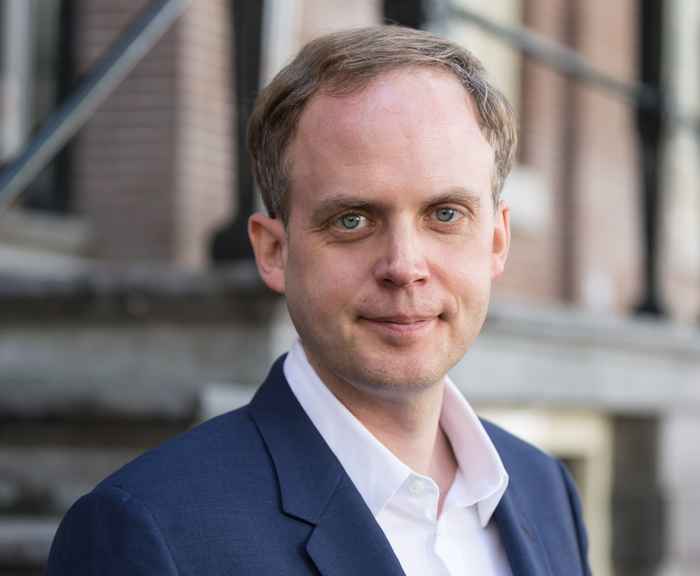UvA appoints third University Professor AI
23 May 2019

Within the humanities, AI research encompasses the understanding of human speech and the interpretation of complex data, including images and videos. On the one hand, researchers focus on the opportunities of AI technology to increase both the scope and complexity of research into human culture based on historical and present-day sources. On the other hand, researchers also note that AI technology is prone to replicate biases in the datasets it computes and that the machine’s processes of reasoning is inaccessible to users and even its own developers.

As University Professor, Blanke will focus on the epistemological implications of AI. He will stimulate innovation in AI research and teaching, play a major role in modernising the curriculum and seek public-private partnerships with businesses, civic organisations and all levels of government. ‘With his extensive professional background, which includes a PhD in Political Philosophy and Informatics, Tobias Blanke is the ideal person to foster new links between various disciplines in the field of AI. He will be an inspiration to students, researchers and lecturers in the humanities and beyond’, says Rector Magnificus Karen Maex.
About Tobias Blanke
Tobias Blanke is Professor in Social and Cultural Informatics and Head of the Department of Digital Humanities at King’s College London. His research focuses on big data and its implications for culture and society. Tobias Blanke was heavily involved with research collaborations with other disciplines within King’s College and at the international level. He leads and manages large international interdisciplinary research initiatives and teaches at both undergraduate and postgraduate levels. Currently, he works on the development of novel teaching approaches in digital methods and big data to understand culture and society and an interdisciplinary book project Algorithmic reason: the new government of self and other.
From 2012 to 2016, Blanke was a director of the European Digital Research Infrastructure for the Arts and Humanities (DARIAH), a European organisation that focuses on creating an integrative research environment for digital arts and humanities. Since, 2010 he has served on the Executive of the European Holocaust Research Infrastructure to integrate and analyse Holocaust material across Europe and the world. Blanke is the recipient of various grants and awards and has authored papers and books at the intersection of cultural and social research and informatics. In 2015, he published the book The Digital Asset Ecosystem, which offers a new perspective on the collaboration between humans and computers in global digital workflows.
University Professors at the UvA
The UvA currently has five University Professors: Robbert Dijkgraaf, Alexander Rinnooy Kan, Patti Valkenburg, Frank Vandenbroucke and the recently appointed professors of AI Maarten de Rijke and Ivana Išgum. By establishing the four new chairs, AI and Information Retrieval, Humanities and AI, AI and Medical Imaging, and Law and Technology with a special emphasis on AI, the UvA aims to give an extra boost to its AI research and teaching. In addition to their university-wide assignment, the new University Professors will also have a faculty assignment. They will be expected to give an impetus to academic developments that transcend the traditional disciplines and thereby make an important contribution to the profiling of the university.